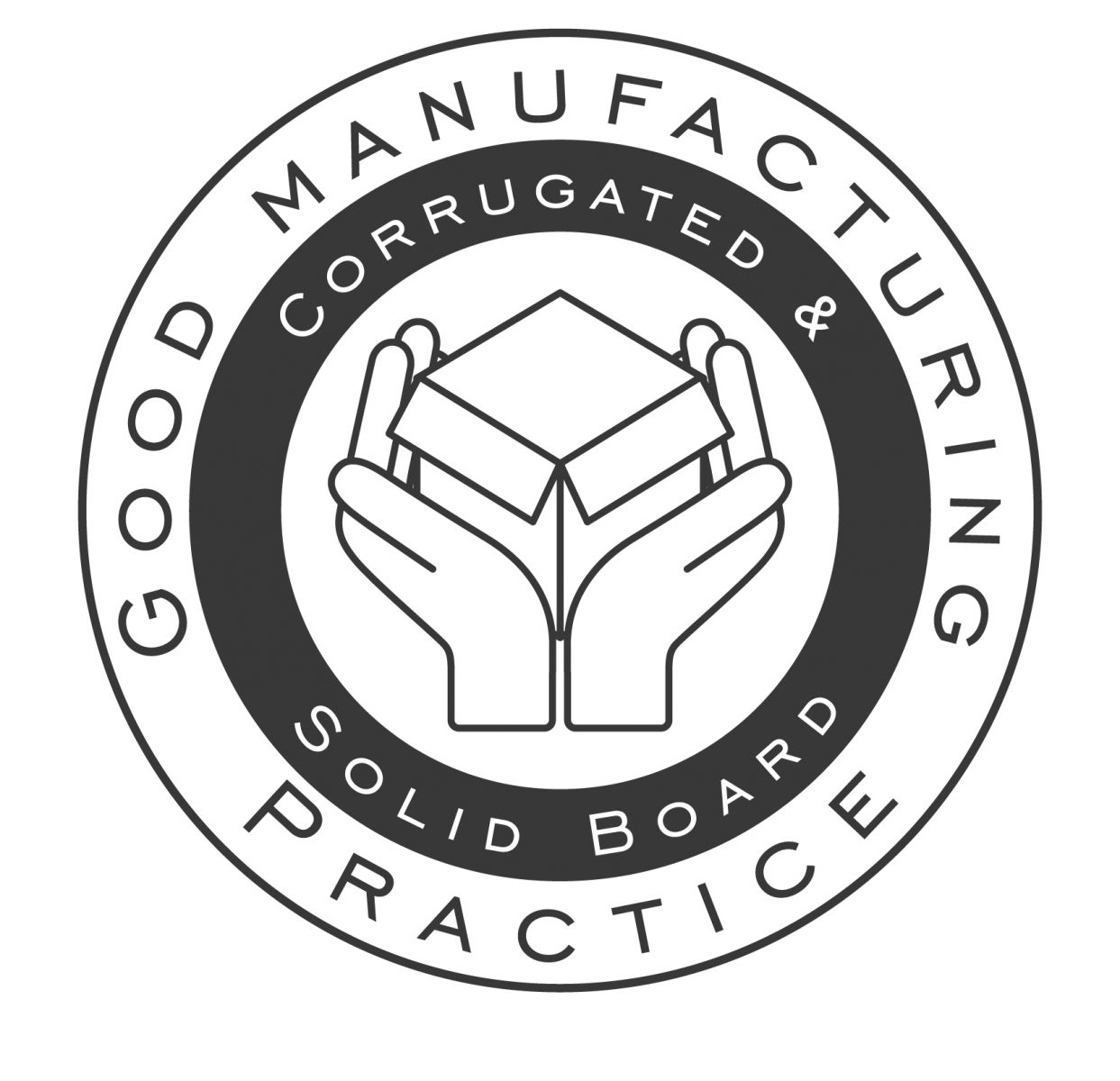Safe and Hygienic

Corrugated is perfect for delivering food products in top condition. It offers a clean new box each time that can be used to pack foodstuffs, especially fresh produce that needs cushioning, ventilation, strength, moisture resistance and protection.
Why is corrugated so hygienic?
During corrugated manufacturing, the material itself reaches at least 100 °C three times during the production process ensuring the elimination of microbes and bacteria.
Study Confirms Cleanliness of Corrugated Shipping Containers – March 2018
Microbiological contamination of fruit and vegetables is a major concern for retailers: pathogen bacteria can put food safety at risk while spoilage bacteria impact shelf life.
Packaging condition is critical. Scientific research led by the University of Bologna has found that corrugated trays keep fruit fresher and safer than reusable plastic containers (RPCs) because corrugated significantly reduces microbial cross contamination. As RPCs are used several times the industry cleaning procedures often leave bacteria in cracks and crevices on the crates’ surfaces. No such risk with corrugated, as it is used only once and then can be recycled.
In addition each package is used for only one delivery. This is true for fruit and vegetables, as well as bread, eggs, meat products, and other foods. Because with corrugated board, consumers and customers can be sure that every box, tray, and carton is being used for the first time. Guaranteed.
Temperature, time testing proves corrugated process destroys bacteria
Read more about the science behind corrugated
in the following studies, testimonials and scientific articles:
New research proves corrugated packaging keeps your produce fresher than plastic
Fruit stays fresh for up to three more days in corrugated trays, research shows
The Survival of Spoilage and Pathogenic Microorganisms on Cardboard and Plastic Packaging Materials
Corrugated for your home deliveries – a single-use packaging you can trust
Corrugated packaging is safe for food delivery

Additional Technical information
Since 2003 the ‘International Good Manufacturing Practice’ (GMP) Standard offers the manufacturers a mechanism to prove that corrugated board products meet the requirements of the EU legislation and the food industry pertaining to quality, safety, and hygiene. Read more
International Good Manufacturing Practice Standard, 2020 edition
Food contact self-regulation for the paper and board industry
FEFCO in cooperation with the paper & board supply, CEPI, Cepi ContainerBoard, CITPA and other associations developed the new Food Contact Guidelines.
